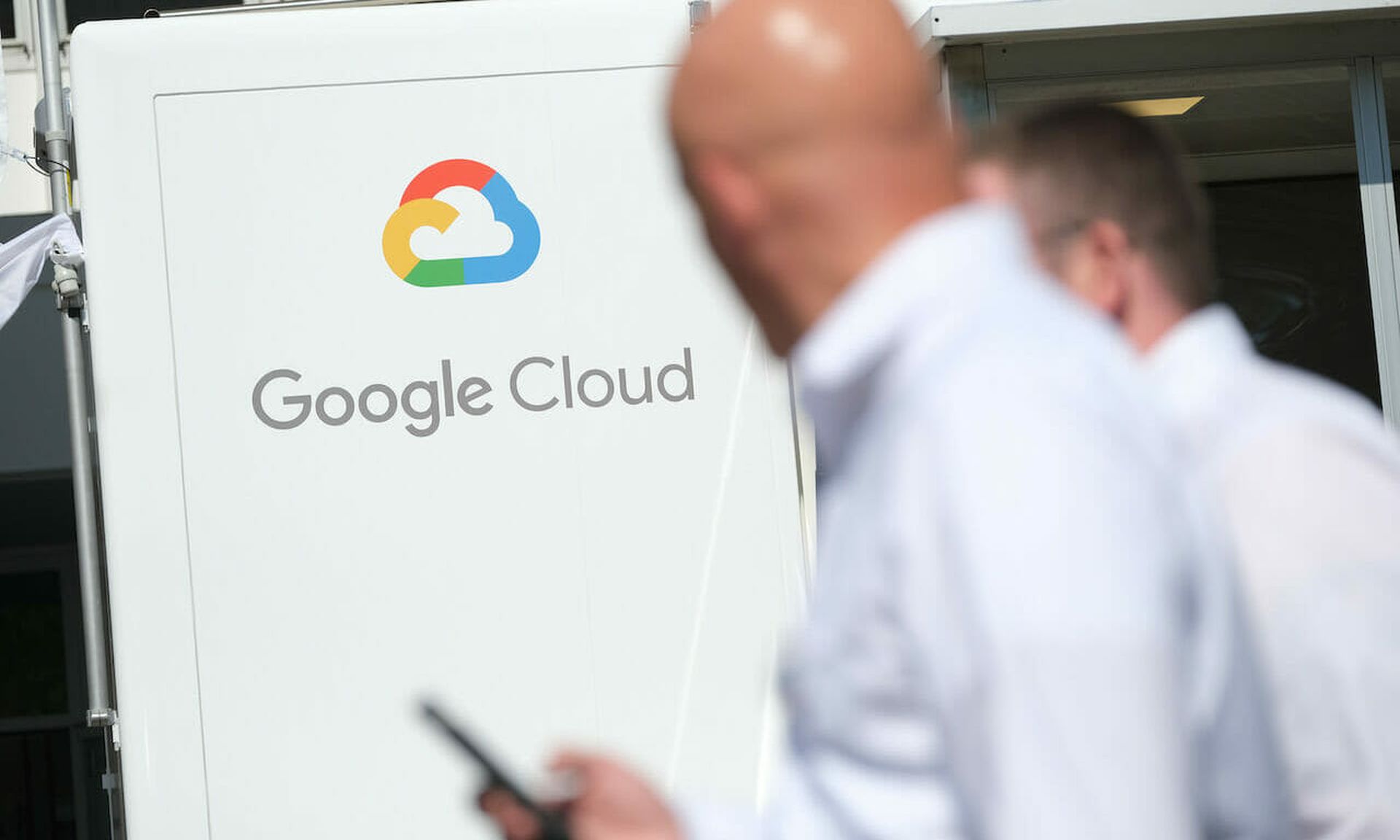CrowdStrike on Wednesday announced Falcon Horizon support for Google cloud environments, extending its cloud security posture management (CSPM) solution to support all three major cloud providers.
The move was seen by security analysts as a continuation of the digital transformation trend where the public cloud providers have become the focal point for making modernization across hybrid cloud platforms possible.
Google Cloud has been in a strategic partnership with CrowdStrike for several years and the engagements between these companies have continued to evolve and multiply, said Frank Dickson, program vice president for security and trust at IDC.
“CrowdStrike announced the CrowdXDR Alliance at Fal.con 2021, with Google Cloud as a founding partner,” Dickson said. “The announcement of Falcon Horizon support for Google Cloud environments will help Falcon XDR customers ingest telemetry from Google Cloud and fold it into the Falcon Threat Graph. Remediation will then be available through Falcon Fusion.”
Douglas Murray, CEO at Valtix, said the CrowdStrike announcement demonstrates how multi-cloud security has become front-of-mind for all CISOs and CIOs. Murray said Valtix recently conducted research on multi-cloud security and its study showed that 97% of IT leaders believe multi-cloud security has become a top priority, yet 76% of companies underinvest in it. As a result, consolidation of security management across clouds has clearly become a strong requirement for the vast majority of organizations to shore up this gap in 2022.
“All the vendors in this space are racing to build platforms that solve for these critical gaps,” Murray said. “This announcement is really about the consolidation of security policy for threat prevention. Fragmentation of security policy across cloud and even the underlying infrastructure — be it virtual machines, containers, serverless, or other cloud services — creates huge issues for security practitioners who now must manage different tools and different security stacks. The future of multi-cloud is clearly around platforms that can consolidate security and policy across the major cloud service providers.”




